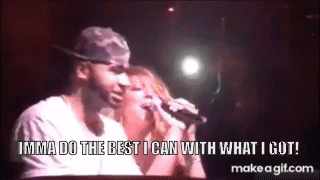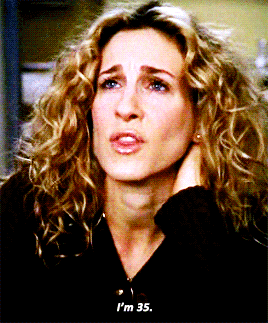Uncertainty is hitting a little different these days. Not just in the general sense but in the three years post-pandemic, innumerable existential crises, and getting older yet not getting much closer to where I would like to be, sense. As life resumed business as usual and summer raged on, I felt like I was floating through some dark tunnel to nowhere while everyone else seemed to be getting by without a care in the world. Of course, these assumptions are mere projections, and I’m certain anyone on the outside looking in could see my recent activity and be surprised to hear I feel this way sometimes. I use social media as a space to share and celebrate my wins, even when I’m acutely aware of the areas where I’m struggling. I don’t see this as misrepresenting my life so much as it’s a way to redirect and focus on the positives. Still, through all of these external strides, I find myself grieving the life I wanted for myself at a time when I’d much rather reclaim my joy and an insatiable lust for life.
I'm 35, and while I was fortunate to bring in this year of my life blissfully grateful with my tribe in Portugal earlier this year, a post-birthday wave of grief washed over me. At first, I couldn't understand where it was coming from. I had so much to celebrate and look forward to. But the gap between where I am and where I'd like to be started to feel as vast as The Grand Canyon.






